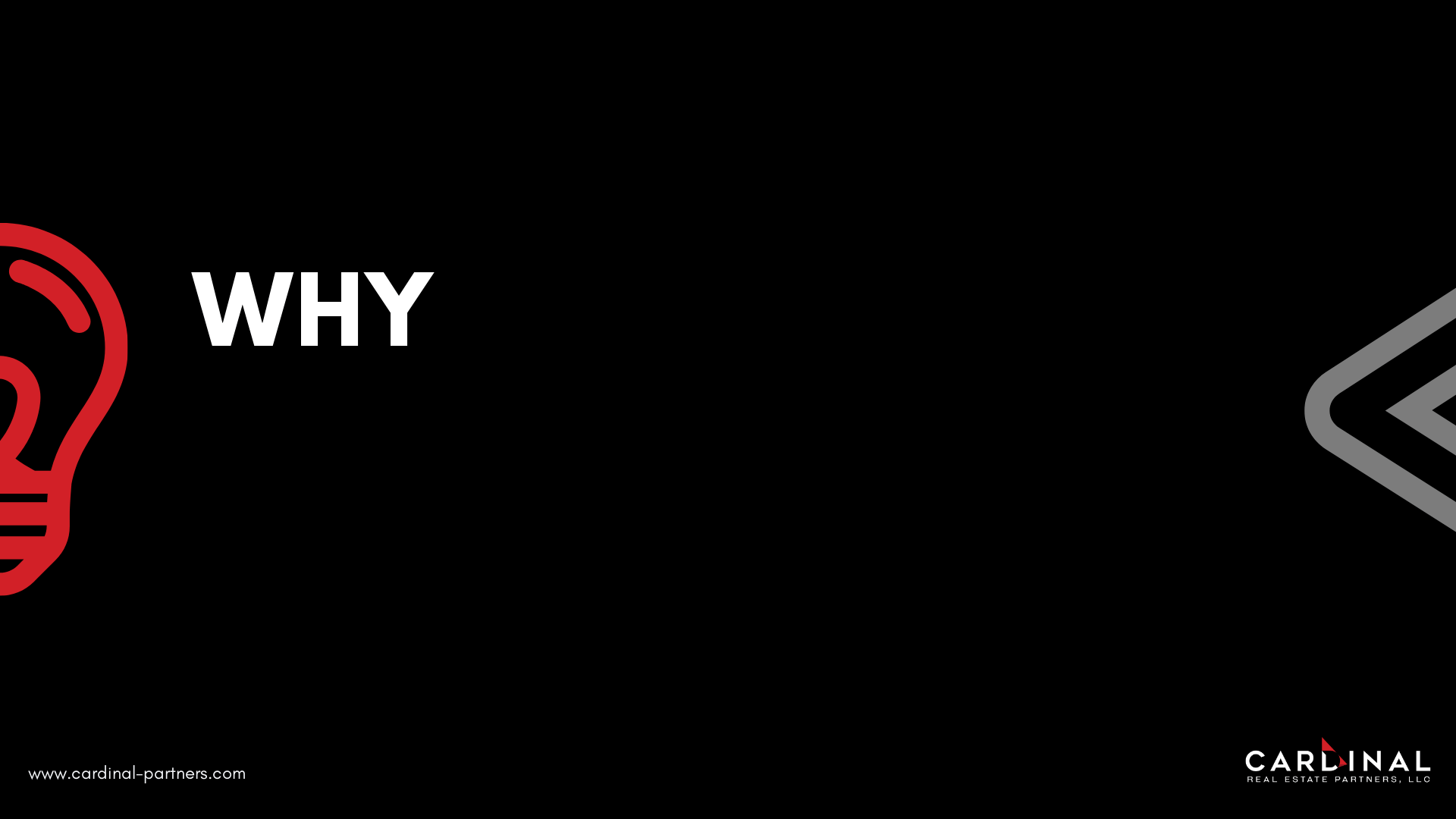I have been wanting to write this piece, but it took me a while to get around to it. Here’s why.
In my opinion, procrastination gets a bad rap. Procrastination is viewed by society as being all wrong. People never talk about procrastination positively. Instead, people view it as a weakness in self-control.
I think procrastination can be a good thing. Dan Sullivan, my Strategic Coach, talks a lot about procrastination. He describes procrastination as simply not being prepared yet to move forward, or not having the inspiration yet to do something. He makes the case that there is no need to beat oneself up over procrastination and that everything has its timing. If you aren’t taking action on something, then it means you haven’t sold yourself on the merits of what you are procrastinating on. Procrastination can help one avoid making a poor choice.
People need various degrees of information and due diligence to be prepared to move forward with a decision or other action. This relates to the type of decision-maker someone is. Some people need to understand every nuance of every factor before going forward with something. Take my friend, Al. When wanting to buy a television, he spent two years researching which one to buy (which meant having to take into account how technology changed during his research time).
I, on the other hand, don’t have to dot all the I’s and cross all the T’s myself to be entirely convinced to move forward with something. I take in information from trusted sources, but generally, my gut will say ‘Let’s do it!’ If I were in the market for a television, for example, I simply buy what my friend does.
Part of my job as a commercial real estate consultant and broker is to learn quickly what type of decision-maker my client is. If they are more intuitive and quick to make choices, it’s my job to get them the details fast and to make sure they feel good with their decision. If they are more detail-oriented, it’s my job to understand the depth of research and level of detail they need and to provide that, and to be patient with the time it takes before they take action, knowing that when they do make a decision, they won’t waiver.
I like to use the Kolbe aptitude assessment, which provides a graphical representation of someone’s instinctive method of operation. This is the best $50 you can spend in a relationship.
Let’s assume that you are trying to make a decision about moving forward with a project – like moving your warehouse. The first thing you want to do is to get emotionally engaged and nothing does this better than getting negative.
What could go horribly wrong if I make a poor decision or no decision at all? What happened in the past when I made a bad decision associated with real estate?
Then, start to think about who you can delegate to. You are probably good at parts of the project, but who can you count on to excel on the rest of it? We work closely with our clients to fill in the gaps where their real estate team falls short. Perhaps the client needs help with more data to support a decision – we use ARGUS. Perhaps more market information – we have a CoStar subscription. Perhaps they just need an advocate – we use the Prepared to Win-Win rubric to craft a strong negotiation strategy.
Finally, allow yourself to be satisfied with an end result that is less than ideal. Truly, when high achievers procrastinate, it is because their ideals are something close to perfectionism. If you give yourself the latitude to just get started, then hand it to a team who knows that you do not expect perfection, you will finally get that real estate decision made!







